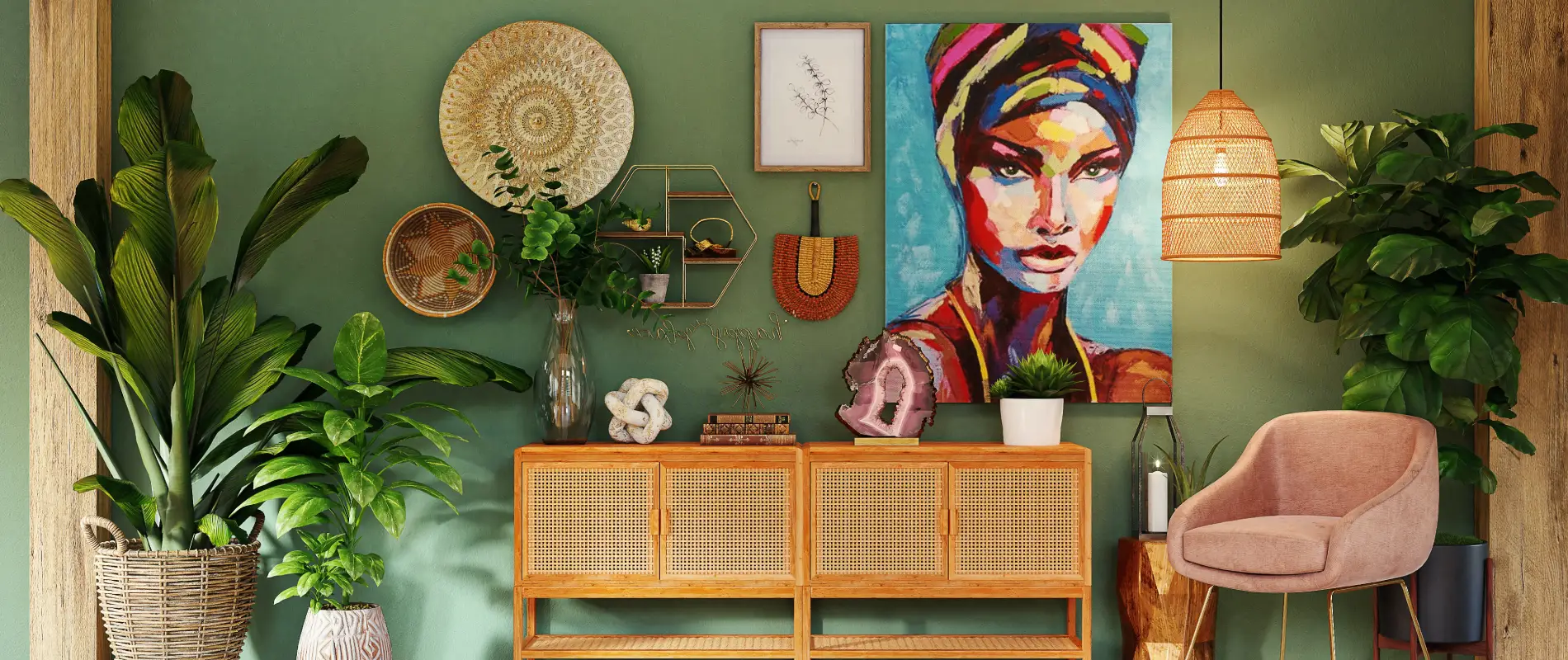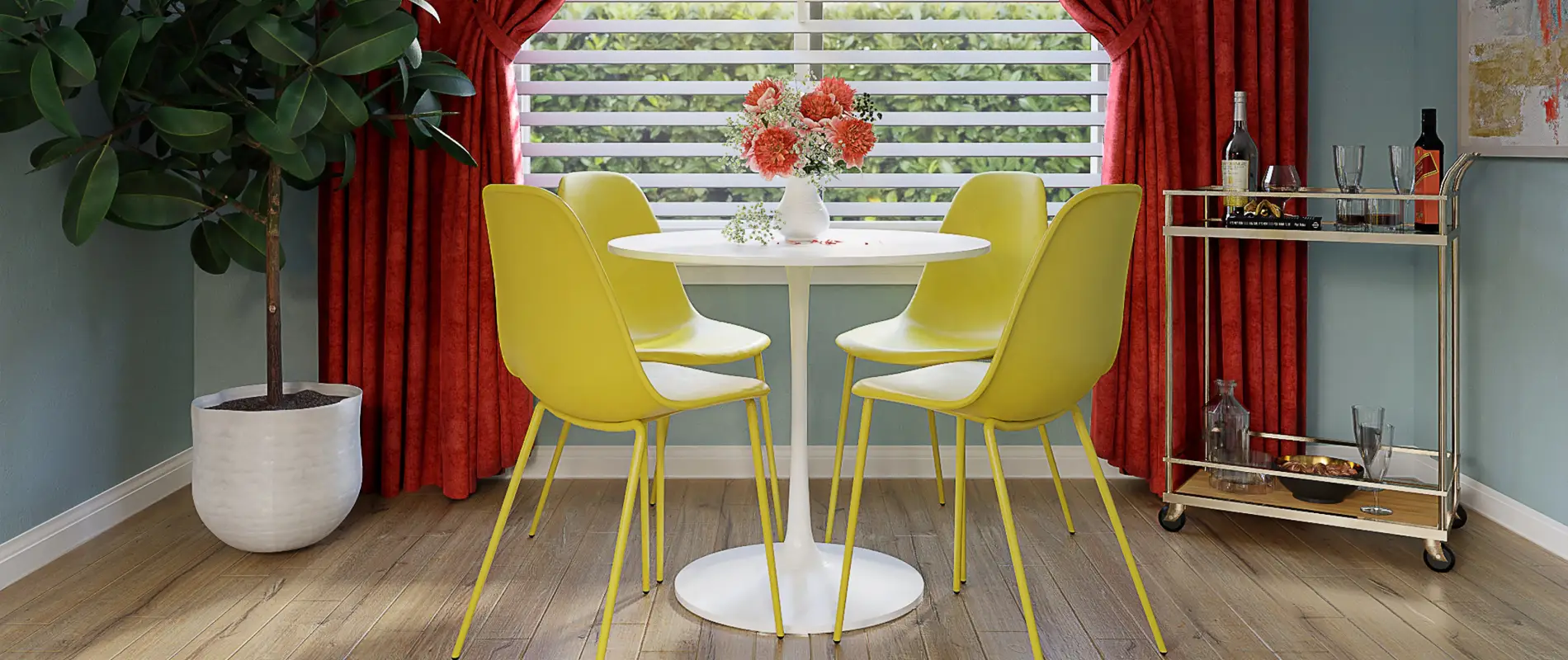Discover the power of minimalism in your WordPress design
Are you aiming to boost your WordPress website‘s visual appeal? A minimalist design approach can beautifully balance form and function. Such designs often feature a single-column layout that prioritises clarity and readability, ideal for the quick-paced digital world today.
Detailed analysis of the image
Layout analysis
- Overall structure: This layout uses a single-column format, providing a focused and engaging presentation of your content.
- Arrangement: Content flows vertically from a header to supporting a paragraph, housed within a main column with various text blocks for effective communication.
- Asymmetrical choices: The design maintains a cohesive aesthetic, fostering a sense of order and structure.
Element and feature description
- Visible elements:
- Header: The title, “Ideas for Life,” sets a resonant theme.
- Main text block: A motivational quote about success is highlighted, with support text to reinforce the message.
- Interactive elements: Although devoid of interactive features, the straightforward presentation invites deep reading.
- Typography: The contrast between the bold header font and the modern sans-serif font of the main text ensures impact and readability.
- Graphical elements: Leaning heavily towards text, the design avoids distracting icons or embellishments.
- Image attributes: Minimal style and uniform background emphasise content clarity over visual effects.
Unique design aspects
- Standout design choices: High contrast between dark backgrounds and white text increases readability, offering a modern, sleek vibe.
- Hover effects/animations: Embracing simplicity, the design avoids animations or hover effects.
- Responsive design: The single-column layout is mobile-friendly, ensuring an optimal experience on any device.
- Accessibility considerations: The stark contrast aids viewers with visual impairments, ensuring broader accessibility.
Overall design style
- Design style: Characterised as minimalist, this design highlights essential content without distractions.
- Visual hierarchy: A clear visual hierarchy directs the viewer from the bold header to the supporting text, maximising engagement.
- White space and balance: Ample space around text creates balance, simplifying information digestion.
10 ways to organise content in WordPress
Use categories effectively
Categorising content helps visitors navigate your WordPress website. By assigning posts to categories, users can find related content easily, improving the overall user experience. Think of categories as your site’s table of contents, guiding readers to specific areas they might be interested in exploring.
Implement tags for detail
Tags provide additional layers of searching, allowing content to be grouped by specific topics or themes within broader categories. It’s similar to an index in the back of a book – tags offer more context and connectivity between posts.
Create compelling navigation menus
Navigation menus are crucial for organising content on your WordPress website. Ensure menus are clear and direct, as users heavily rely on them to find content quickly, enhancing the overall user experience by reducing bounce rates.
Optimise for search with sitemaps
Sitemaps are essential for SEO, guiding search engines to understand your site’s structure. They not only help to organise content better but also improve your site’s discoverability for new visitors.
Use page builders for custom layouts
Page builders, like Elementor, allow you to customise your layout without coding skills. Considering Elementor alternatives can provide you flexibility and creativity in content organisation.
Leverage CSV import for bulk content
If you manage a large amount of content, CSV import tools are a lifesaver. They allow you to upload bulk content directly into your WordPress database, saving time and effort and maintaining organisation.
Employ custom post types
Custom post types allow different content types tailored to specific uses, such as portfolios or testimonials, distinct from regular posts. This organisation helps highlight unique content, guiding users to the desired information.
Utilise widgets for additional content
Widgets can display additional content like recent posts or social media links. Appropriately placing widgets enhances your site’s layout by providing convenient links to relevant content directly on the sidebar or footer.
Keep a consistent filing system
Maintaining a consistent filing system lets you organise media and documents efficiently. Naming conventions and folder organisation ensure you manage your backend with ease and keep track of media usage.
Consider category archives
Category archives group posts under the same theme, instantly providing visitors with a cohesive reading experience. It integrates smoothly with your navigation menu and offers a logical way to explore related content.
10 different types of content in WordPress
Blog posts
Blog posts are the backbone of most WordPress sites. They play a vital role in delivering engaging content to readers. Regularly updated, they help drive traffic and fuel SEO, establishing your website’s voice or brand.
Static pages
Unlike blog posts, static pages provide timeless content and are rarely updated. Pages like ‘About Us’ or ‘Contact’ are crucial for communicating key information that remains relevant over time.
Landing pages
Landing pages focus on specific campaigns or promotions, guiding visitors toward a particular action. They’re crucial for lead generation and often contain persuasive content that pushes users to convert.
Portfolios
Portfolios showcase creative work, products or services. They provide a visual representation that’s particularly valuable for designers, photographers, and artists, highlighting their experience and style.
Galleries
Galleries are excellent for sharing photos, image collections or art on a page. They give visitors a chance to visually navigate and interact with your content more deeply.
Videos
Embedding videos engages users effectively, transmitting information in a format that’s increasingly preferred. Whether DIY tutorials or promotional materials, videos can significantly boost engagement on a WordPress website.
Podcasts
For a more personal touch, podcasts offer valuable information through voice where users can listen as they work or commute. Integrating a podcast into your WordPress website gives you a unique content angle.
Testimonials
Testimonials build trust, showcasing real stories and experiences of past clients. They highlight your strengths and the benefits of your services, serving as an effective marketing tool.
FAQs
Frequently Asked Questions address common concerns, saving time for both site visitors and your customer service team. They provide clarity and assist in making informed decisions, enhancing user satisfaction.
Case studies
Case studies delve into successful projects, offering insights into your methods and outcomes. They are compelling for establishing authority and providing concrete examples of your work in action.
Conclusion
Embarking on a journey to integrate minimalist design principles into your WordPress website design can dramatically enhance user experience. By simplifying visuals and focusing on essential content, you capture attention without overwhelming visitors. Whether you’re exploring Elementor alternatives or choosing free WordPress themes, keeping the design user-friendly and crisp ensures your site’s effectiveness. Transition into a minimalist realm to unlock a new level of elegance and efficiency.



